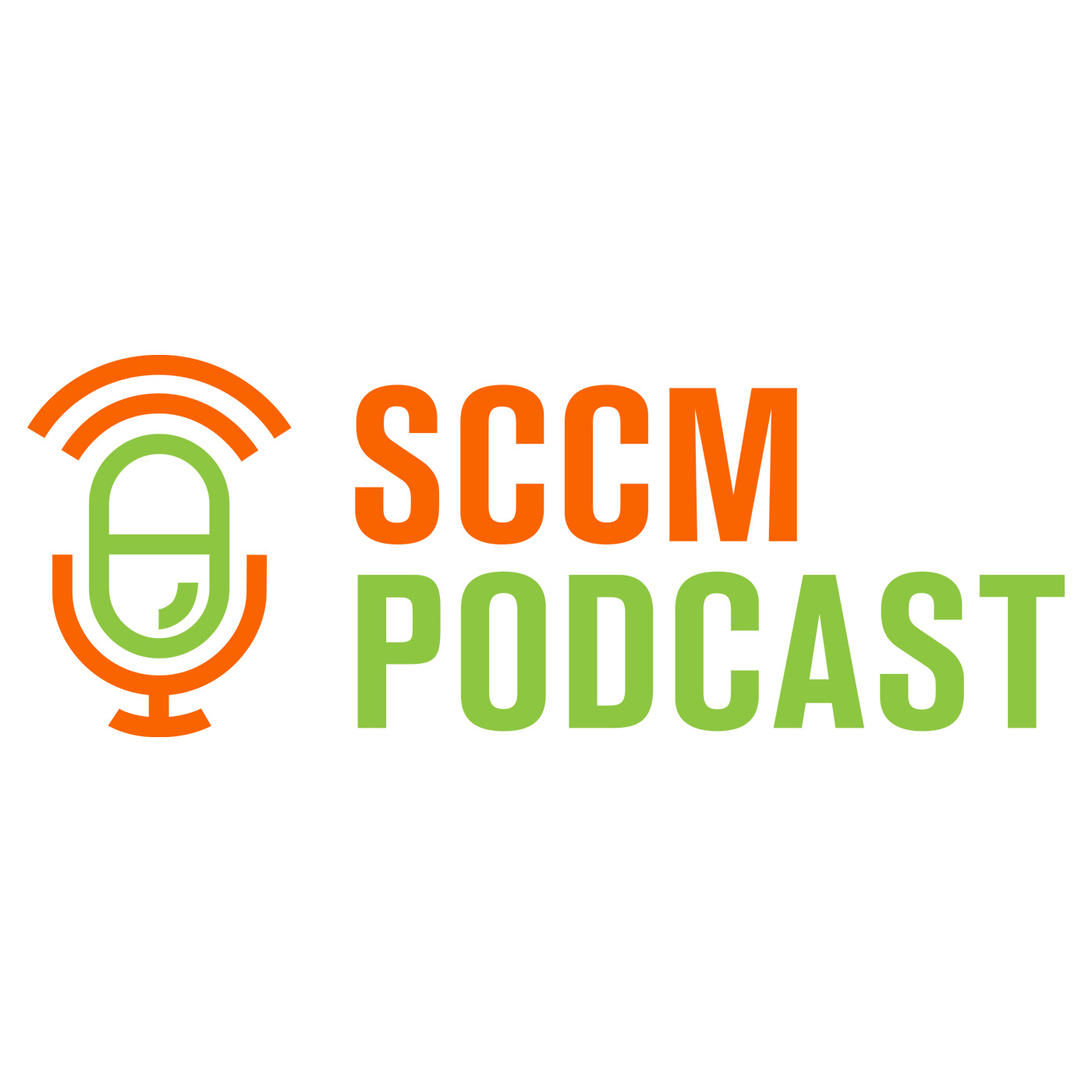
SCCM Pod-541: Neurologic Monitoring in Critical Care: Key Insights

SCCM Podcast
Deep Dive
Shownotes Transcript
Aarti Sarwal, MD, FAAN, FNCS, FCCM, professor of neurology at Virginia Commonwealth University Health System, explores the nuanced intersection of neurology and critical care, offering practical insights for clinicians across disciplines.
Dr. Sarwal shares her perspective on the unique challenges of managing neurocritically ill patients, particularly when impairment presents challenges in administering a neurologic examination. She emphasizes that “the brain is the barometer of critical illness,” urging clinicians to prioritize daily neurologic evaluations and integrate neuromonitoring even in non-neurologic ICU populations. Listeners will gain an overview of tools such as continuous EEG, transcranial Doppler, emboli monitoring, and multimodal neuromonitoring platforms, including the role of neuro-ultrasound in expanding point-of-care capabilities.
This episode also highlights the need for multidisciplinary collaboration and a shared decision-making model that extends across the continuum of care—from early ICU admission to post-discharge recovery.
Listeners will appreciate Dr. Sarwal’s reflections on neuroprognostication and the ethical dimensions of care withdrawal, particularly the danger of therapeutic nihilism in patients whose outcomes are uncertain. Referencing a 2023 review she coauthored (Crit Care Med. 2023;51:525-542), Dr. Sarwal outlines a practical framework for neuromonitoring that integrates structural, electrical, vascular, and metabolic insights.
This conversation provides a timely and inclusive look at the future of neurocritical care—where technology, teamwork, and training converge to support better patient outcomes.